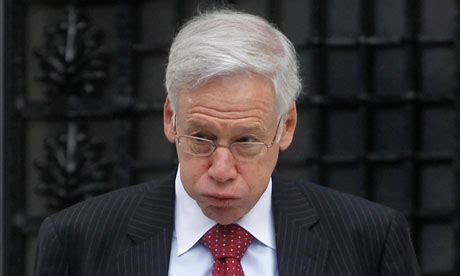A Quote by Norm Dicks
These subsidies from four European governments, which include aircraft launch assistance, capital injections, debt forgiveness, have enabled Airbus to develop and range market airliners well below cost.
Related Quotes
A global financial cabal engineered a fraudulent housing and debt bubble [2008], illegally shifted vast amounts of capital out of the US; and used 'privatization' as a form of piracy - a pretext to move government assets to private investors at below-market prices and then shift private liabilities back to government at no cost to the private liability holder Clearly, there was a global financial coup d'etat underway.
The companies that provide debt, what do you think their goal is? Is their goal for you to fully understand the cost of your debt? No. So they're basically creating these approaches to make you feel like it is incredibly cheap or just to think about the cost per day rather the cost per year or cost for a lifetime. So debt is very simple mistake.
There are times when a market such as housing, transportation or the stock or mortgage market keep rising and people with capital want to join in this growth. Soon the markets become overheated, partly because of the abundance of investment money and speculation. This is when the government should raise interest rates and increase the cost of borrowed money. Governments are shy about doing this because it could cause the very recession. Yet this is the best time to do this so that the inevitable recession never reaches the magnitude of the recent Great Recession.
Obviously, consideration of costs is key, including opportunity costs. Of course capital isn't free. It's easy to figure out your cost of borrowing, but theorists went bonkers on the cost of equity capital. They say that if you're generating a 100% return on capital, then you shouldn't invest in something that generates an 80% return on capital. It's crazy.































